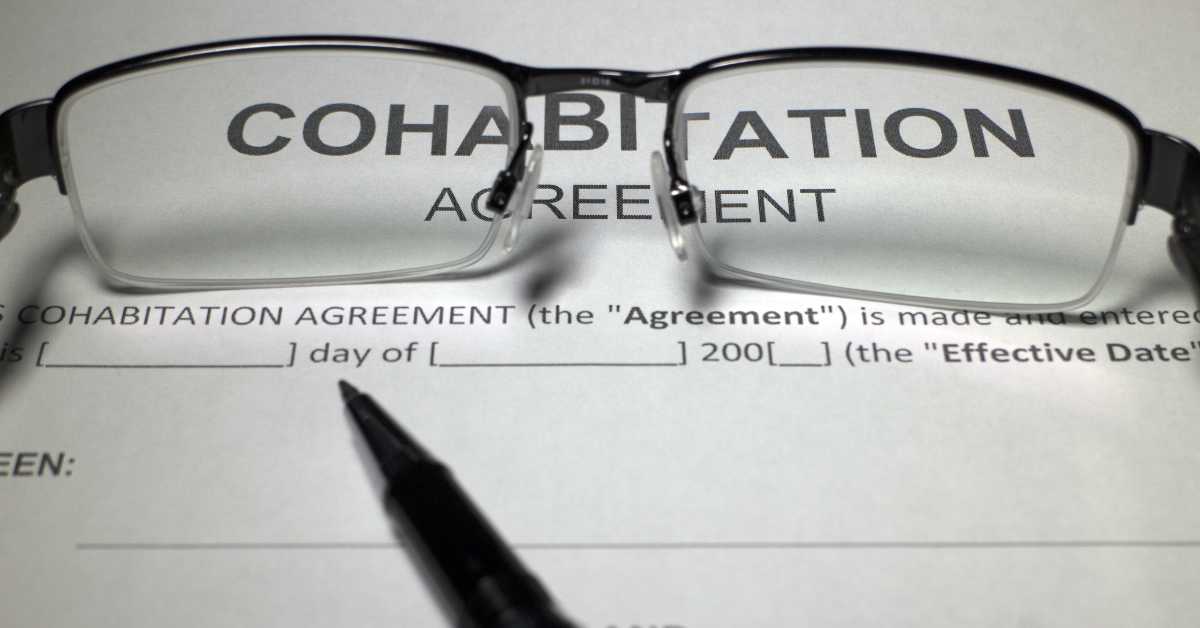You may be familiar with prenuptial agreements among married couples. But did you know that unmarried couples who live together can (and should!) seek similar arrangements?
A cohabitation agreement is a legal document signed by two people who live together or plan to in the future — and it can save couples time, money, energy, and stress in the event that they eventually separate. What does a cohabitation agreement cover? Read on to find out.
Cohabitation Agreement Coverage
No one ever thinks they will need a cohabitation agreement. However, unmarried partners are not necessarily afforded all the same legal protections as married couples without one — especially those who have been together for fewer than two years. (In British Columbia, marriage-like relationships lasting two or more years are considered common-law marriages.)
This means that, in the event of a breakup, you and your partner would be left to decide who keeps what without legislative support — and that may not go so smoothly when tensions are high. So, what does a cohabitation agreement cover in British Columbia? It outlines what happens to:
- Jointly owned property
- Property that was purchased before the relationship began
- Debt accrued before and during the relationship
- Material assets acquired before and during the relationship
- Financial assets including credit cards and bank accounts
- Family or heirloom assets acquired before and during the relationship
- Pets acquired before and during the relationship
- Other issues arising from a spousal relationship and its potential breakdown.
Generally, cohabitation agreements can include a wide range of provisions as long as they are not deemed significantly unfair and do not unduly restrict either partner’s rights or freedoms.
What Is Not Included in a Cohabitation Agreement?
While cohabitation agreements cover several important matters, they cannot include some equally important aspects of a relationship. Cohabitation agreements do not typically include:
- Parental responsibilities
- Child support responsibilities
- Guidelines for how people in the relationship must act.
While couples should discuss all of the above, a cohabitation agreement does not provide legal protection for these decisions.
What Happens Without a Cohabitation Agreement?
In British Columbia, spouses who separate without a cohabitation agreement must rely on the Family Law Act to determine the fate of their belongings in the event of disagreement.
This act divides assets among both parties and requires each person to provide evidence of their respective ownership of any claimed excluded property — which can be difficult to pull off, especially in long-term relationships. It’s much easier to discuss and decide who owns what while you and your partner are on good terms.
Entering a Cohabitation Agreement
The first step toward entering a cohabitation agreement is discussing the prospect with your partner. Once you’ve agreed to move forward, contact a reputable family law firm — like Pier Law & Mediation — to create the agreement with your specific needs in mind. Relying on free online sources is not advised; your agreement must be an official legal document to stand up in court.
Contact Pier Law & Mediation for Trusted Legal Services in British Columbia
At Pier Law & Mediation, we know how stressful and messy a breakup can be. That’s why we want to ensure you’re as prepared as possible in case the unexpected happens. Our experienced family lawyers in British Columbia can help you understand the Family Law Act, negotiate with your partner, and create a customized cohabitation agreement that helps you achieve your goals.



